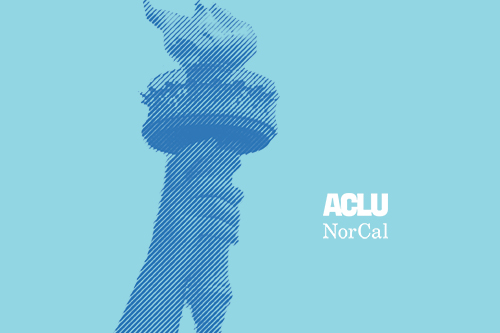Article Media
Should the police be able to follow you around and collect and analyze your DNA from something you discard, without a warrant or even a reason to believe you have committed a crime?
Should the police be able to follow you around and collect and analyze your DNA from something you discard, without a warrant or even a reason to believe you have committed a crime?

The ACLU of Northern California's Santa Clara Valley Chapter is holding an essay contest for high school students residing in or attending school in Campbell, Cupertino, Gilroy, Los Gatos, Milpitas, Monte Serano, Morgan Hill, San Jose, Santa Clara, Saratoga, or Sunnyvale.
Find out more here. Please note, the deadline has been extended to May 15, 2010.
Two surveys caught our eye today. The surveys are on two different Internet privacy topics–location information and cloud computing–but both reveal how important it is that we reform electronic privacy law to clearly cover useful digital services. Updating electronic privacy law is necessary both to protect the users of these services and for the businesses who hope to encourage Americans that these services are safe.
The very first sentence on Facebook's privacy guide page states: "You should have control over what you share."
That seems fairly simple, doesn't it?
But many of Facebook's recent actions, such as its much-criticized "privacy transition," have made it harder for users to retain control over their information. Is this week more of the same?
Washington – The American Civil Liberties Union today welcomed a new tool launched by Google to track and display the number of government requests the company receives worldwide, country by country. The Government Request Transparency Tool differentiates between requests for removal of particular content and requests for private user data. According to the company, there is no way yet to distinguish between the number of requests that Google did and did not comply with.
We've known for a long time that electronic privacy law is woefully outdated. But what we haven't known is how often the government is taking advantage of this fact to engage in a shopping spree in the treasure trove of personal information being collected by companies like Google.
The ACLU has recently been making a lot of noise about modernizing the laws that protect our online privacy. We believe that law enforcement should have to go to a judge and get a warrant that says it has probable cause to believe you've committed a crime before it can read your email, browse through your social networking account, or track your location. Right now, that's not the case.